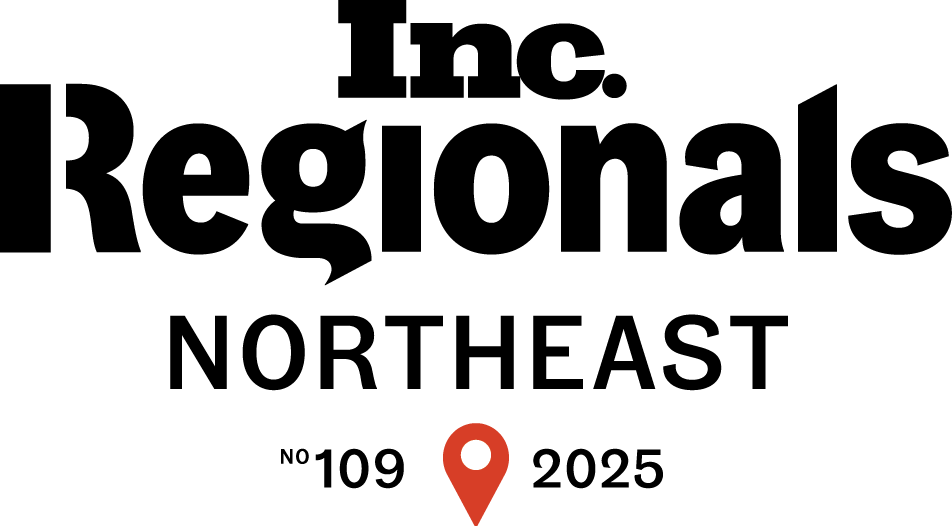Is your company buying its’ pens, paper, and staplers through a buying group? It’s a great way to get lower rates by purchasing in bulk. However, is your organization buying its energy supply through a buying group?
Perhaps the chief fallacy in the world of electricity and natural gas procurement is that joining a consortium and buying with other companies will result in lower rates. This misconception, paired with the accompanying factors laid out below, will illustrate the pitfalls in today’s commercial & industrial energy buying groups.
Purchasing Organizations That Don’t Review, Revise & Communicate
In identifying the winners and losers of an aggregation, there first needs to be a basic understanding of capacity and basis.
Every account has an assigned capacity tag for electricity and a basis measure for natural gas. In short, capacity tags are determined by how much electricity you use when the grid is most stressed and the basis on your gas account is a measure of how difficult it is to get gas to your facility. Both are costly determinants and vary greatly.
For a location here in New England that uses 5,000,000 kilowatt hours and 20,000 dekatherms annually, typical annual capacity costs are $50,000-$150,000 ($.01-$.03/kWh) while basis costs are $20,000-$60,000 in the $1.00-$3.00/Dth range.
When an aggregator prices out the bulk load for a group purchase, they use the combined capacity tags and basis measures of all group members, ultimately developing an aggregated rate. How’s this aggregated approach affect those with favorable capacity and basis? The best analogy is found in healthcare.
In a socialized healthcare system, those who are healthiest (low capacity tags and basis) are paying premiums to subsidize those who are in poor health (high capacity tags and basis). However, the ideology behind socialized healthcare is a moral and ethical one. In energy procurement, there is no obligation to help other entities benefit from your favorable capacity and basis obligations. From the example above, if your capacity tag is $.01/kWh and the group’s aggregated capacity tag is $.02/kWh, you’d be overpaying $50,000 a year on capacity.
On the other hand, if you knowingly have high capacity and basis costs that you can’t manage – stay in that buying group! You could easily be savings tens, if not hundreds of thousands of dollars each year.
If you are not aware of what your organization is paying for capacity or basis, it’s time to reach out to an energy consultant who will review the data and advise accordingly.
Lack of Attention From Energy Purchasing Groups
Many buying groups do not take the time to sit down with each customer to hear their individual energy purchasing goals or learn about the facilities they run. Are there sustainability initiatives you are looking to tackle next quarter? Do you have solar or other on-site generation? Are your accounts in the optimal rate class. Can you manipulate your capacity obligation?
Working with a consultant will get your company the energy management approach that fits it best, as opposed to what best fits the needs of the collective group.
Many Energy Purchasing Groups Lack Flexibility
Many buying groups turn into more of an administrative task that cuts out competition behind the scenes and drags the process out. Letters of Intent and Exclusivity lock out competition. All the while, the energy markets are moving daily without giving you the flexibility to pinpoint market drops to lock in a position.
NYMEX natural gas hit a 25+ year low in June of 2020. Was your organization able to buy during the dip?
Energy buying groups have their place. The stark reality however is that in an energy buying group before factoring in the lack of individualized attention and flexibility; 50% of the participants are already on the losing end from capacity and basis variance alone.
Partner With Freedom Energy Today
FEL is an energy management firm based in Auburn, N.H., that specializes in unique methods of electricity and natural gas supply purchasing. Founded in 2006, FEL serves the region’s largest manufacturers, municipalities and businesses. Pioneering the ‘Direct-to-Grid’ movement, many of Freedom’s customers source wholesale energy direct from the ISO NE Pool. FEL is among the thought leaders for Community Choice Aggregation in New Hampshire. FEL is named twice to the Inc. 5000 list of fastest growing companies in America and to the list of Fastest-Growing Family Businesses in NH by Business New Hampshire Magazine. Stay Work Play’s Coolest Company for Young Professionals. Led by father and son duo Gus and Bart Fromuth, they were awarded Business Excellence Awards from New Hampshire Business Review in 2019 and 2016. Contact us today to learn more about our energy solutions or call 603.625.2244.







Connect With Us